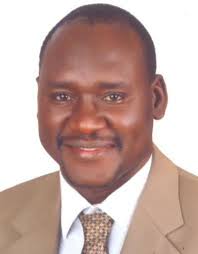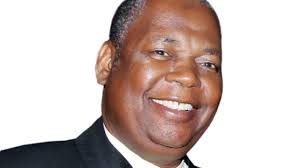Nigeria has improved her ranking in the global Corruption Perception Index (CPI), moving five places up, from 150th position in 2022 to 145th out of the 180 countries just assessed by Transparency International (TI) in year 2023.
The latest report from the organization also reflected that Nigeria gained one point in addition to moving up five positions, bringing the country’s total to 25 out of a possible 100 points in the 2023 CPI results.
The CPI is the most widely used global corruption ranking globally and it measures how corrupt each country’s public sector is perceived to be, using a scale of zero to 100, where zero means “highly corrupt” and 100 means very clean.”.
Commenting during the launch of the index on Tuesday in Abuja, the Executive Director, Civil Society Legislative Advocacy Centre (CISLAC), and Head, Transparency International (Nigeria), Auwal Ibrahim Musa (Rafsanjani), said that Nigeria’s score was still below the sub-Saharan African average of 33 points.
The civil society activist clarified on the report that this year’s CPI “does not show specific incidences of corruption in the country; it indicates the perception of corruption in Nigeria.
“The index is impartial, objective, and globally acknowledged as the most widely used cross-country parameter for measuring corruption.
“In this year’s CPI release, it is important to highlight that this is not an assessment of Nigeria’s anti-corruption agencies, which are making commendable efforts in the fight against corruption in Nigeria.
“The data used for the CPI is not collected by CISLAC/TI-Nigeria but by independent and reputable organisations with rigorous research methodologies.
“The CPI is highly consequential, as governments, business entities, civil society organizations and others direct their decisions based on this assessment.
“It is important to highlight that this is the first CPI under this administration; thus, it will be used as a benchmark for subsequent years”, Musa added.
He listed key areas which helped Nigeria’s latest improvement and areas where gaps persist as including the launch of the Beneficial Ownership Register; Vibrant Media, Civil Society and citizenry in demanding transparency and accountability; and arrests and recoveries by anti-corruption agencies.
On the areas where gaps still persisted and required improvement, the CISLAC’s boss maintained that the Nigerian government would need to improve on “electoral corruption, judicial corruption, corruption in the security sector, opaqueness of public institutions, wasteful expenditures, reward of corrupt and questionable individuals with appointments, and failure to prosecute high-profile cases.”




